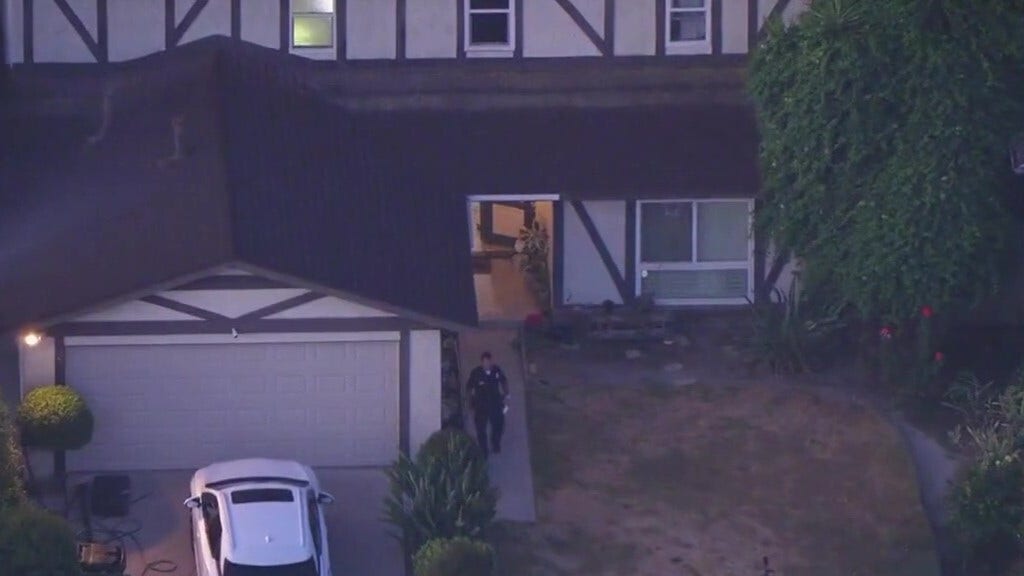Gov. Tony Evers of Wisconsin signed into law on Monday new legislative maps that could drastically alter the state’s balance of power, giving Democrats a chance to win control of the state’s legislature for the first time in more than a decade.
“When I promised I wanted fair maps — not maps that are better for one party or another — I damn well meant it,” Mr. Evers, who drew the maps after the state’s Supreme Court ordered new ones, said in a statement.
Despite the state being a battleground in national races, Republicans, aided by heavily gerrymandered maps, have controlled both of the state’s legislative chambers since 2011. They now hold about two-thirds of the seats in both the Senate and the Assembly.
But Democrats look likely to pick up seats under the new maps, which will be used during the November election. The maps outline an almost even split between Democratic- and Republican-leaning districts: 45 are Democratic-leaning, 46 are Republican-leaning, and eight are likely to be a tossup, according to an analysis from The Milwaukee Journal Sentinel. Several incumbents are being drawn into each other’s districts, The Associated Press reported.
“Wisconsin is not a red state or a blue state — we’re a purple state, and I believe our maps should reflect that basic fact,” Mr. Evers said. “Today is a victory not for me or any political party but for our state and for the people of Wisconsin who’ve spent a decade demanding more and demanding better of us as elected officials.
While Democrats have long sought to overturn the previous maps, their hopes were renewed when the state’s Supreme Court flipped to a 4-to-3 liberal majority in August after Justice Janet Protasiewicz, a liberal former Milwaukee County judge, was sworn in. Justice Protasiewicz won the most expensive judicial election in U.S. history in April, during which she was openly critical of the Republican-drawn maps and argued that they were “rigged.”
Progressive groups filed a lawsuit challenging those maps one day after she was sworn in. In December, the court ruled 4-to-3 that the legislative maps favoring Republicans were unconstitutional and ordered new maps before the 2024 election. The court said that if the governor and legislature did not produce new maps, it would determine the new maps itself.
“This is a shift in the plate tectonics of Wisconsin politics, and that’s going to have national implications because Wisconsin is the tipping-point state for the country,” said Ben Wikler, chairman of the Wisconsin Democratic Party.
Mr. Wikler said that he believed the map changes would help drive up turnout in the state’s elections in the fall, with districts that were previously noncompetitive suddenly becoming so.
“It’s going to flood new energy in our politics in a way that I think will help the pro-democracy candidates, which in 2024 means Democrats, from the presidential campaign to the Senate campaign to House races and anything else,” he said.
Robin Vos, the Republican speaker of the State Assembly, issued a statement on Monday in which he seemed to frame the new maps as a limited win for Republicans, saying that Mr. Evers “signed the most Republican-leaning maps out of all the Democrat-gerrymandered maps being considered by the Wisconsin Supreme Court.”
“This legislation brings to end this sham of a litigation designed to deliver judicially gerrymandered Democrat maps to the liberal special interest groups funding said litigation,” Mr. Vos said. He added that Republicans in the fall would “prove that we can win on any maps because we have the better policy ideas.”
The new maps were passed in both chambers of the Wisconsin legislature last week, largely aided by Republicans who did not want the liberal-controlled court to determine them instead. Mr. Evers in January vetoed a different set of maps favored by Republicans.
Democrats in the state have also sued to challenge the state’s congressional maps and, shortly after the court called for new statewide maps, they asked it to take up the matter. Six of the state’s eight congressional seats are held by Republicans. The lawsuit challenging those maps remains outstanding, and the Supreme Court has not said if it will weigh in.






